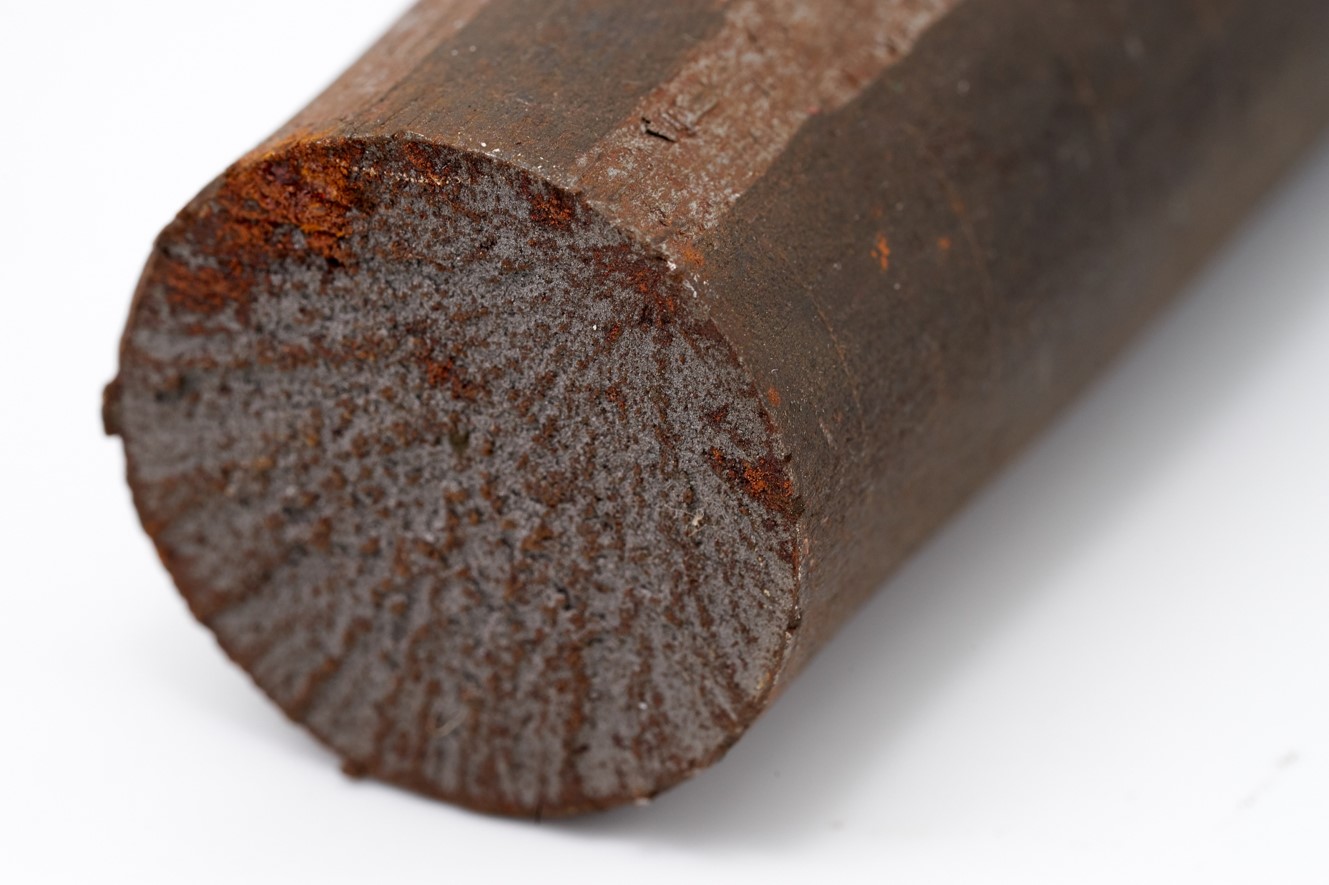
Hydrogen has recently been identified as a versatile energy carrier within the broader framework of the ecological energy conversion. In this area, one of the important aspects to investigate is related to the compatibility with the materials in the current infrastructure used for the production, compression, transportation, storage, and utilization of hydrogen itself.
The interaction of metallic materials with high pressure hydrogen gas can lead to the adsorption and subsequent absorption of atomic hydrogen in the crystal lattice of metallic materials. This can result in embrittlement phenomena in susceptible materials.
The study of hydrogen embrittlement has a long tradition in our Department, thanks to Pietro Pedeferri, Dany Sinigaglia and their research group. More recently, PoliLaPP has investigated hydrogen embrittlement and hydrogen transport in carbon and low alloy steels.
Currently, the research group is involved in the study of electrochemical charging, a versatile method that allows the absorption in metallic materials – namely carbon and low alloy steels – of a significant amount of atomic hydrogen without using high pressure hydrogen gas or corrosive environments with H2S (toxic). The main goal of the study is the setup of a method for electrochemical charging and the comparison with high pressure hydrogen gas exposure. The research is carried out in cooperation with the Department of Mechanics, with the aim to evaluate the effect of hydrogen on mechanical properties, namely fracture toughness.